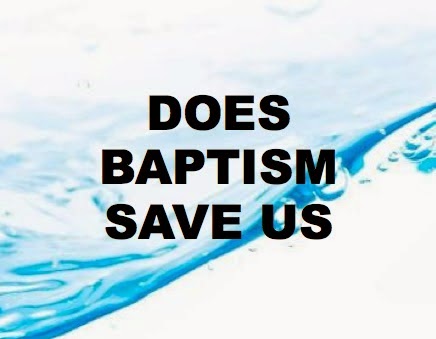The Parable of the Father who Forgives His Son
Text: Luke 5:1-3, 11-32
Themes: God loves us very much and forgives those who do not deserve forgiveness.
Story:
All the tax collectors and other disreputable people approached Jesus to hear him. The Pharisees and scribes criticized him for this, saying: - This man welcomes sinners and eats with them. - Then Jesus told them this parable:
- "A man had two sons, and the younger said to his father, 'Father, give me my share of the estate that is due me.' So the father divided his property between them. A few days later the younger son sold his part of the property, and with that money went away to another country, where he squandered it all in riotous living. But when he had spent everything, there was a great shortage of food in the country, and he began to starve. He was looking for work and a local man sent him into his fields to feed pigs. And he wanted to be filled with the husks that the pigs ate, but no one would give him anything to eat.
At last he said to himself, 'How many of my father’s hired servants have food to spare, and here I am starving to death! I will return to my father's house, and say to him: Father, I have sinned against heaven and against you. I am no longer worthy to be called your son. Treat me like one of your hired men. 'So he got up and returned to his father's house.
"When he was still far off, his father saw him and felt compassion for him. He ran to meet his son, and received him with hugs and kisses. The son said, 'Father, I have sinned against heaven and against you; I am no longer worthy to be called your son. 'But the father said to his servants,' Quickly, bring out the best robe and put it on him. Put a ring on his finger and sandals on his feet. Bring the fattened calf and kill it. Let's celebrate with a feast! For this son of mine was dead and is alive again; was lost and is found.’ So the party started.
"Meanwhile, the older son was in the field. When he returned and came near the house, he heard music and dancing. So he called one of the servants and asked what had happened. The servant said to him, 'Your brother has returned; and your father has killed the fattened calf, because he has come home safe and sound. 'But the older brother, would not go in to the party because he was very angry. So his father had to go out and beg him to come inside. He told his father: "You know how many years I have served you. I have never disobeyed you, and you never gave me even a young goat to have a meal with my friends. But now comes this son of yours who has squandered your property with prostitutes, and you kill the fattened calf for him.'
His father said, 'Son, you are always with me, and everything I have is yours. But we had to celebrate with a feast and rejoice, because your brother was dead, and is alive again; he was lost and is found.'
This is the story we find in God's word.





